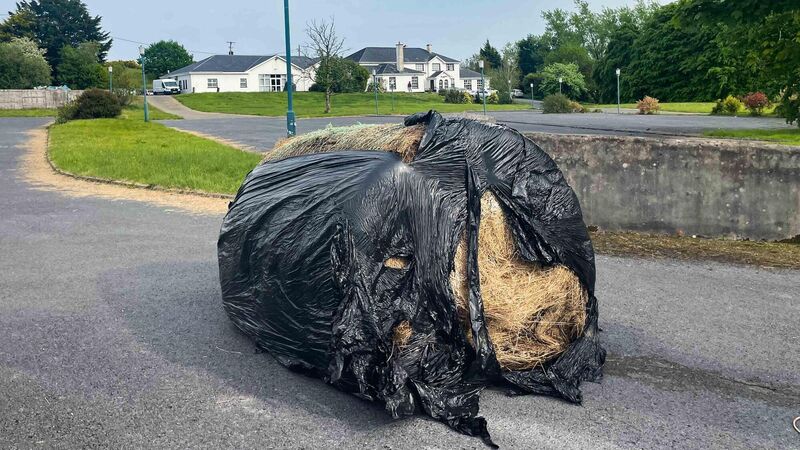Mary Gilmartin: Don't let protests divert us from important process of integration

While protests, such as the recent one at Magowna House Hotel in Co. Clare, are getting the bulk of media and public and government attention at the moment, it’s important to realise they are just one part of the story. Photo: Eamonn Farrell / RollingNews.ie
Recent protests at proposed accommodation centres across the country have made media headlines.
The centres are usually earmarked to house international protection applicants, some of whom were not given accommodation on their arrival here. The High Court has already said that the failure to provide accommodation for international protection applicants is unlawful.













